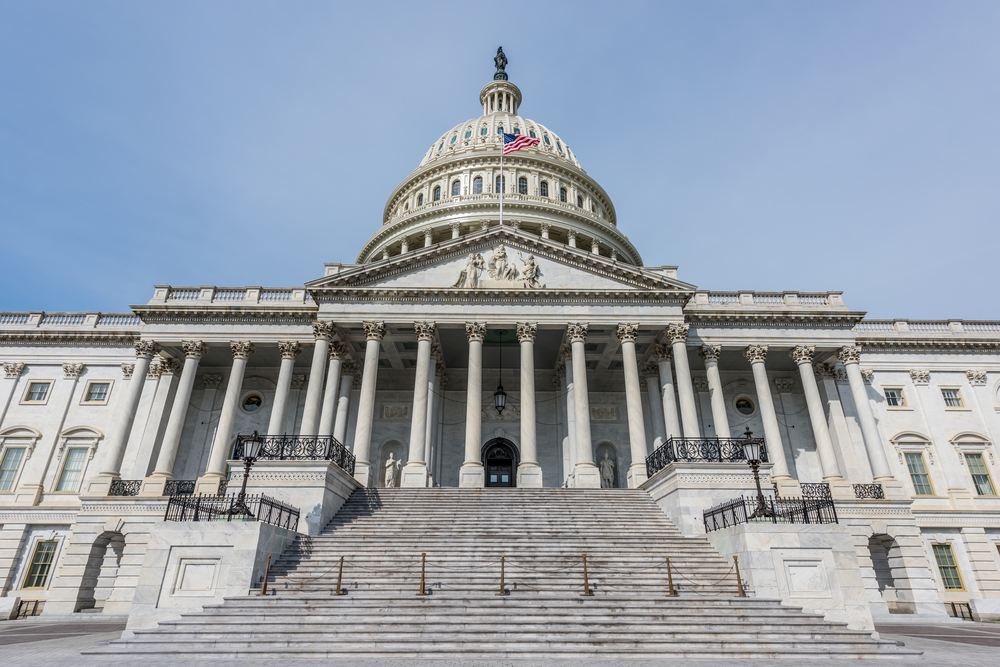
Bipartisan members of the Senate Health, Education, Labor and Pensions (HELP) Committee released a discussion draft on Thursday aimed at improving the nation’s ability to prepare for and respond to deliberate bioterrorist attacks or naturally occurring pandemics in the United States.
The draft legislation specifically seeks to reauthorize the Pandemic and All-Hazards Preparedness Act (PAHPA). Initially enacted in 2006 to establish as well as build on all-hazard protocol for public health threats that may contribute to a public health emergency. PAHPA was last reauthorized in 2013 and many of the provisions within it are set to expire in September.
The committee members – which include Sens. Richard Burr (R-NC), Bob Casey (D-PA), Lamar Alexander (R-TN), and Patty Murray (D-WA) – stated that recent public health emergencies, such as Ebola, Zika, and a destructive hurricane season, demonstrate the need to continuously rework protections for communities to meet these constantly evolving threats.
The draft Pandemic and All-Hazards Preparedness and Advancing Innovation (PAHPAI) Act will focus on updating the PAHPA framework to address 21st century public health threats including the spread of infectious diseases or chemical, biological, radiological or nuclear (CBRN) attacks. Comments on the discussion draft are due to the committee by May 4.
“We must be vigilant in our efforts to prepare for and respond to the very real threats our nation faces,” Burr said. “Fostering and leveraging innovative technologies to improve our preparedness and response capabilities will encourage a nimble and flexible response to new and changing public health threats affecting our national security. These policies will improve existing tools and encourage new technologies to better protect the American people.”
Murray said PAHPAI will provide the necessary policy protections now that will lead to greater protections for the country in the future.
“I’m glad we could put together a bipartisan bill that reinforces our vigilance against emerging disease outbreaks, pandemics, and other threats — including by bolstering critical work to combat antimicrobial resistance, and focusing on the diverse needs of everyone jeopardized by a public health threat,” Murray said.
According to a summary of the discussion draft, the legislation would strengthen and improve the national health security strategy, including by incorporating a description of the current public health workforce and its capabilities to improve medical surge capacity; considerations for zoonotic disease outbreaks related to food and agriculture; and global health security and environmental hazards as they relate to domestic public health preparedness and response capabilities.
The proposal also aims to improve regional public health emergency preparedness and response systems. It would require the Assistant Secretary for Preparedness and Response (ASPR) to develop guidelines to inform regional systems of hospitals and health care facilities of the level of capabilities to treat patients affected by CBRN threats, including emerging infectious diseases, and improve medical surge capabilities and capacity, the summary said.
In addition, the proposal calls for directing the Government Accountability Office (GAO) to conduct a study on federal spending for Centers for Disease Control and Prevention (CDC) facilities and improved capacities for responding to bioterrorism and other public health emergencies. It also calls for strengthening and supporting the Public Health Emergency Fund.
Sections of the proposed measure also detail how the country can better prepare for serious threats such as pandemic influenza and antimicrobial resistance, such as by providing authority for the director of the Biomedical Advanced Research and Development Authority (BARDA) to develop strategic initiatives for threats that pose a risk to national security. For example, those initiatives would support research, development and procurement of countermeasures to address threats where currently no countermeasures exist or where the countermeasures are ineffective, among other areas.
BARDA, along with the BioShield Special Reserve Fund, would both be reauthorized through 2023 under the proposal.
The summary of the proposed legislation also details provisions on increasing communication regarding research and development for medical countermeasures (MCMs). Specifically, the plan calls for updating the Countermeasure Budget Plan to include considerations for manufacturing capabilities and capacity for MCMs, information on new and innovative technologies that may support the research and development of MCMs, and to improve the communication on areas of priority for MCM development, the summary said.
Casey noted that the nation faces increasingly complex threats, both man-made and naturally occurring. “We must continue our efforts to strengthen core public health preparedness capabilities to ensure that our communities are able to respond to any public health threat that arises, and ensure that we are investing in the countermeasures and products we need to protect people in a public health emergency,” Casey said.




